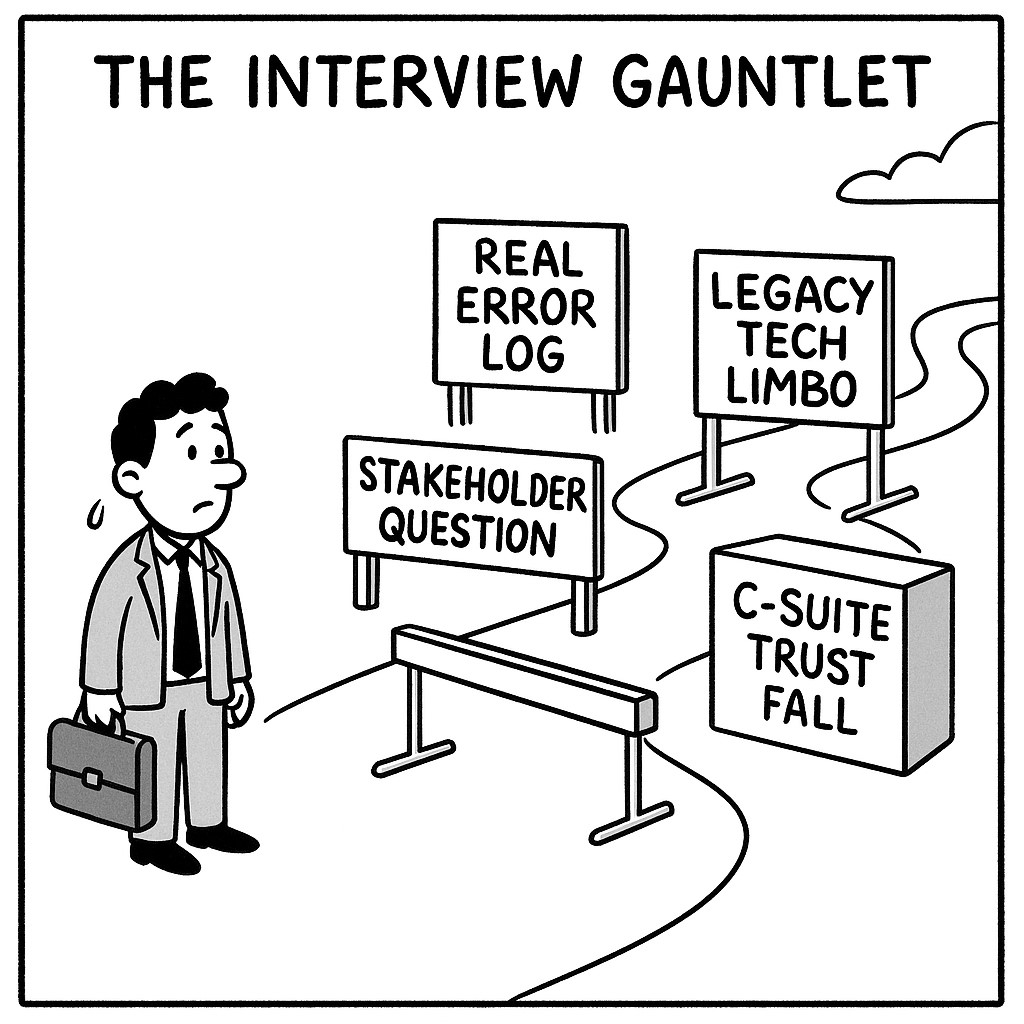Hiring is never easy—especially when the role demands a mix of technologies and a rare combo of skills, attitude, and flexibility.

We had one of those roles recently. The person needed to be comfortable jumping between Docker, VMware, Linux, Windows—you name it. It wasn’t a deep-specialist role. It was a “get thrown in the deep end and swim across multiple systems” kind of role.
When I interviewed candidates, I wasn’t trying to run a full technical screen. We had a separate technical interview for that. My job was to filter for something more foundational: could they thrive on the team, and would I want them on the team?
That means I’m screening for:
- Will they help others?
- Will they lift the team up, not drag it down?
- Can they adapt when things aren’t perfect (which is… always)?
- Will I feel confident putting them in front of stakeholders—even execs?
I’m all for best practices. But when you’re dealing with legacy systems and technical debt (and you will be), you need someone who can be flexible. We can’t always engineer utopia. We have to ship and keep things running.
Here’s the format I used, and it worked better than I expected:
- List of key technologies – I’d run down each one, asking the candidate to give a sentence or quick story about how they’ve used it. This wasn’t about testing depth. It was about getting a signal on familiarity. “Have you ever touched this?” “How comfortable are you here?”
- Real-world soft skill test – I asked about times they had to interact with stakeholders—engineering leadership, security, even the C-suite. I wanted to know if they’d been in the room before, or if they’d freak out under pressure.
- The game-changer: showing them a real error from our system – I’d pull up a real log or alert from our system. Not some fake scenario. Not code trivia. Just a real-world issue we’ve seen. Then I’d screen share and say: “I don’t expect a perfect answer. I just want to hear how you’d approach it. What’s your first instinct?”
That last part was gold.
Some candidates totally froze. Others just Googled it out loud. Some were thoughtful and walked me through their logic—what they’d try first, what assumptions they’d test, who they’d ask. It told me everything I needed to know.
And yeah, it also exposed a few folks who talked a big game but couldn’t work through a problem when it was time to perform.
This is 100% going into my interview process from now on. It’s not about whether they get the right answer—it’s about whether they have a process and the confidence to get started. That’s what I need on the team.
Bonus tip:
Make sure your recruiter has a checklist of knockout questions during the phone screen. You don’t want unqualified folks getting through the first round and wasting their time—or yours. Candidates deserve clarity, and your hiring process needs efficiency.
💡Liked this post?
Get real-world solutions like this in your inbox—join the newsletter.